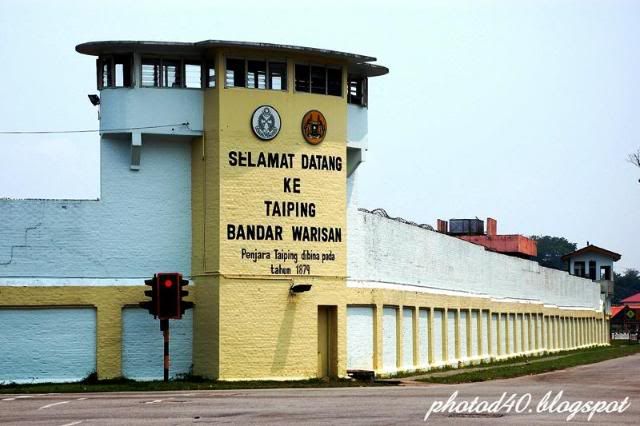The headline “Man discovers wife’s infidelity after she accidentally calls him during sex” should be a lesson to those planning to have a fling behind their partner's back. According to the news item, the wife accidentally dialled the husband's number on her touch-screen smart phone as she was having sex with her lover, just in time for the husband to hear her breathing heavily on the line.
I guess the lovers were in such a passionate moment that she did not realise that her phone was nearby. The lovers did not plan their time together in detail and did not cover all possibilities. Most probably the thrill of being caught might even have a role here. Unconsciously perhaps, the wife wanted to be found out and it is her way of informing her husband that their marriage is not what it used to be.
In a way, this is quite a good advertisement for smartphones. It shows how easy it is to dial a number when we have a smartphone even when we are in the throes of passion. It is also a reminder to anyone that the phone should not be too near you while engaging in something that should be a private affair in case you accidentally dialled a friend or family member. Unless of course you purposely want your love-making to be made public.
Another astounding fact from this particular story is the excuse that the lover gave when caught in the closet. The lover told the police he was visiting the woman, an old friend, and had gone into the closet to masturbate when she was having a shower.
Can anyone beat that as an excuse?
The full news item taken from the Star 30 June 2012 is below:
A NEWLY-WED woman in Taiwan accidentally dialled her husband's number on her touch-screen smart phone as she was having sex with her lover, just in time for the husband to hear her breathing heavily on the line, reported Kwong Wah Yit Poh.
The husband, only known as Zhang, rushed home after he received the call at work, thinking that his wife could be in trouble.
However, the engineer was shocked to find his wife sitting on their marital bed only in her undergarments. The blanket was also missing.
The wife told Zhang that she had taken off the bed linens to wash them and was about to take a shower.
Suspecting something amiss, Zhang searched the house and found a man, wrapped in the blanket, inside the guest room closet.
“My heart was broken,” he said, adding that he had seen the man's photo in his wife's Facebook profile.
He later lodged a police report.
At the police station, Zhang's wife claimed that the man was merely visiting as she was going for a shower after cleaning the house.
The lover meanwhile told the police he was visiting the woman, an old friend, and had gone into the closet to masturbate when she was having a shower.
Image from clker






















